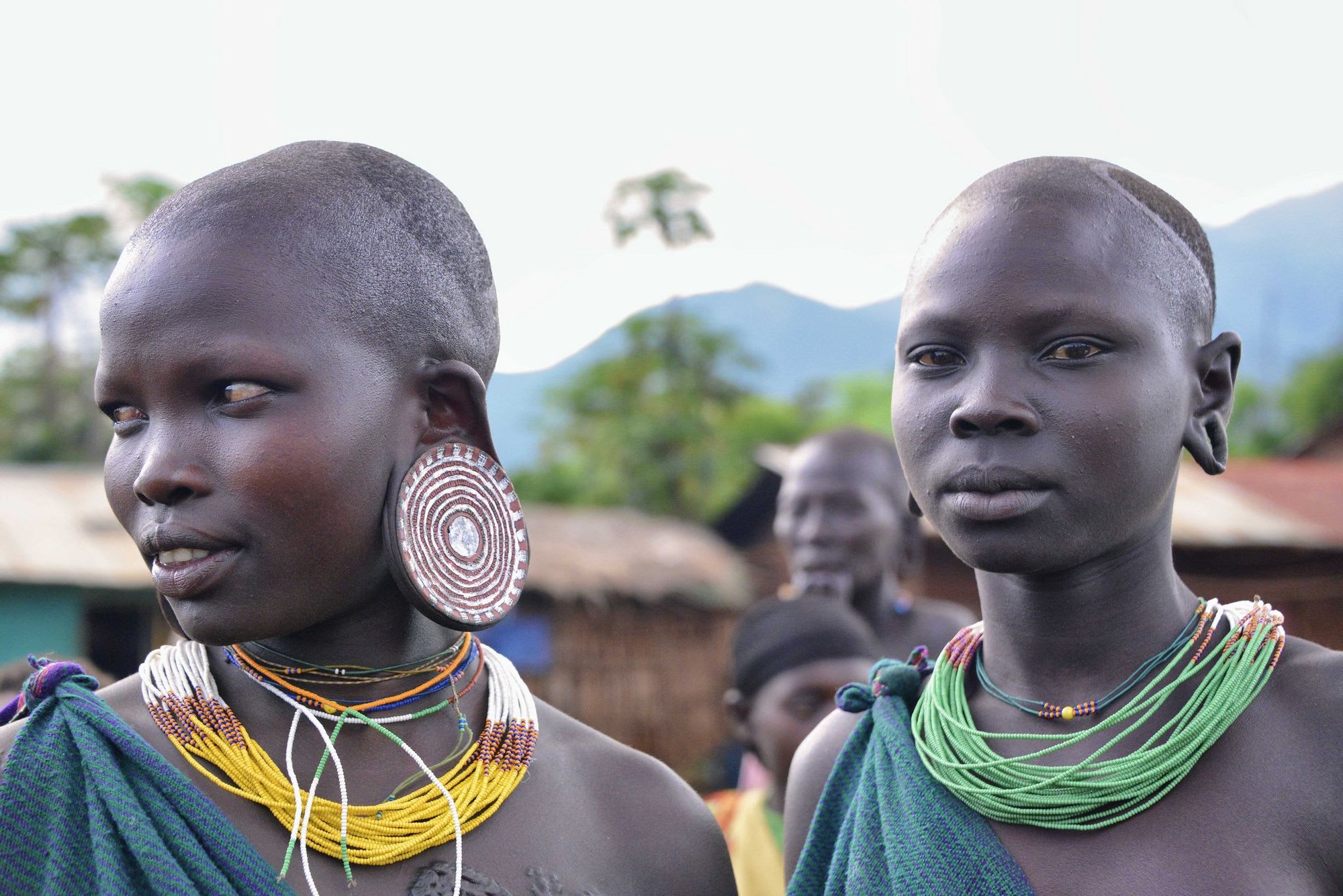Sub-Saharan Africa is the term used to describe the area of the African continent which lies south of the Sahara Desert. Geographically, the demarcation line is the southern edge of the Sahara Desert. The term Sub-Saharan Africa portrays a geo-political classification that cuts across race, culture and economic development. Most recently, pan-African scholars have queried the authenticity of this epithet. Protestations against its continued use are gaining traction especially in the developing contexts of regionalism and shared identity. It is against this backdrop that there is need to question the authenticity of the term.
The origins of the term Sub-Saharan Africa
The origins of this vilifying term against black Africans can be traced back to the colonial epochs when the concept of black independence was frowned upon. It is a colonial language that was used to belittle African nations south of the Sahara and to separate the other countries from North Africa– Egypt, Morocco, Algeria, Tunisia and Libya since they were Arab states. Even South Africa was never designated ‘sub-Sahara Africa’, unlike the rest of the 13 African-led states in southern Africa. The tag became officially imposed upon South Africa after the fall of the apartheid regime signalling that its qualification is not geographical location, but racial distribution.
Prior to the rise of black African states in the late 20th century, the term first surfaced during the intolerant era of racist bigotries. This racial hierarchy was the product of pseudo-race scientists of the 18th and 19th centuries. They coined ‘Sub-Saharan’ to appear ‘diplomatically’ racist without openly stating so. This created an existential divide which is still a massive issue in the continent today. The peddling of the narrative that Egypt isn’t African thrives on this unjustified geographical demarcation of Africa by the Western media.
The use of the term sub-Saharan Africa
This ridiculous yet popular term is often used by Western media outlets in reference to the southern part of Africa where the largest black African population inhabit. The term tacitly excludes the Arab part of Africa from the rest in an ingenious manner with the resultant connotations of exclusivism sponsored by racial classification. The catch-phrase may appear innovative but the truth is that, it fancies the fragmentation of the African region. The concept ‘sub-Sahara Africa’ is absurd and misleading, if not a meaningless classificatory schema. Global political and economic bodies such as the United Nations and the World Bank prefer to use the term sub-Saharan Africa. In contradistinction, the African Union loathes this abusive terminology. In most instances, the African Union prefers terminology of economic significance in the banner of building blocs such as SADC, COMESA and ECOWAS.
How authentic is this term?
The authenticity of the term sub-Saharan Africa has been a subject of immense scholarly and public debate. Arguments against its use boarder on the inaccuracy that it is associated with. There is a view that it is fundamentally incorrect and geographically inaccurate. Rosalind Morris, an African Studies professor at Columbia University opines that, ‘Sub-Saharan Africa’ is such an enormous catchphrase that it’s almost useless,”. Racial sentiments have also been proffered as the underpinning basis of the continued use of this term by Western media. The mistaken belief that Northern Africa is more culturally developed in the continent must have been the motivation for its use.
A call for its abolishment
The sub-Saharan tag has over the years faced protracted initiatives for its outright abolition. While the success in doing so has been relatively stubby, the semantics against it have been overtly noted. The Celebrate Africa Foundation, which launched the campaign against the term’s continued use in 2010 said the term is a euphemism to distinguish between the five Arab countries in northern Africa and the rest of the continent. The term was first introduced during the spread of the HIV/AIDS pandemic which was hugely pronounced in the African countries south of the Sahara, argued Nigerian born Chika Onyeani, the Foundation’s chairman. Other continents such as Europe, Asia and America have no prefix ‘sub’ before the names of the continents. The application of this prefix in reference to black African population is questionable. It is a deliberate ploy to degrade the rest of the African continent and is covertly aimed at promoting divisions through pitting one region against the other on racial grounds.
A divisive narrative
It cannot be said that the notion of sub-Saharan Africa is a historical fallacy that does not reflect the unity that African countries enjoy. Most people around the world perceive Africa as one country. The continent enjoys a far-reaching cohesion that no divisive terminology can ever distort. The frantic efforts that the late pan-African giants such as Kwame Nkrumah, Julias Nyerere, Haile Selasie, Kenneth Kaunda and Gadaffi invested to ensure a united Africa cannot be downplayed by derogatory narratives. There is need for a holistic decolonisation of terminology that refer to the African country. Could there be a better time to pull out the term from the geography dictionary?

Munashe O'brian Gutu
A pan-African son of the soil with a vision to impart and unravel the rich African history. Penning Afro-centric perspectives to de-mystify long-standing propagandist biases. Africa rise!
follow me :
Leave a Comment
Sign in or become a Africa Rebirth member to join the conversation.
Just enter your email below to get a log in link.


Related News
The Rise and Fall of the Ancient Oyo Empire
Nov 26, 2023
How Ancient Egyptian Knowledge Influenced the Invention of Electricity
Aug 29, 2022
The Inhumane Treatment of African Slaves Before Departure to the Land of No Return
Apr 30, 2022